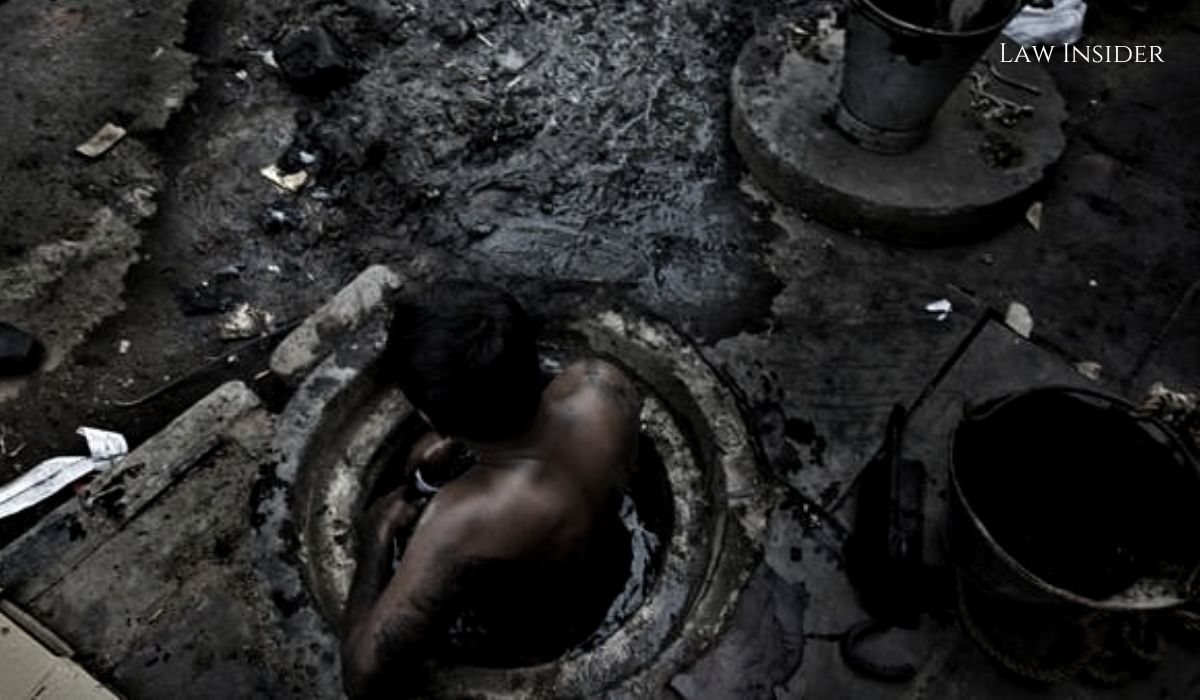LI Network
Published on: October 20, 2023 at 16:15 IST
The Supreme Court of India, issued a firm directive to both the Union Government and State Governments to take concrete actions toward the complete elimination of the deplorable practice of manual scavenging in the country.
Expressing profound dismay at the persistence of this inhumane practice, the Supreme Court ordered that the compensation in cases of deaths related to sewer work be substantially increased to Rs. 30 lakhs.
Moreover, in cases of permanent disability resulting from sewer operations, the court mandated an increase in compensation to Rs. 20 lakhs, while for other forms of disablement, the compensation should not be less than Rs. 10 lakhs.
The bench, comprising Justices S Ravindra Bhat and Aravind Kumar, also issued a comprehensive set of fourteen directives to both the Union and State Governments.
These directives aim to ensure the effective implementation of the Prohibition of Employment as Manual Scavengers and their Rehabilitation Act of 2013. Furthermore, the court stressed the importance of actively pursuing rehabilitation measures for the victims and their families, including provisions for scholarships and skill development programs.
The judgment was delivered in the case of Dr. Balram Singh vs. Union of India, a Public Interest Litigation challenging the employment of manual scavengers.
During the judgment delivery, Justice Bhat invoked the words of Dr. Ambedkar, stating, “Ours is a battle not for wealth or power. It is a battle for freedom. It is a battle for the reclamation of human personality.”
Justice Bhat emphasized the obligation of the Union and State Governments to ensure the complete eradication of manual scavenging, referencing the constitutional provisions such as Articles 15(2), 17, 23, and 24. He underscored that the conferral of entitlements and responsibilities on the Union and States through the Constitution and the 2013 Act obliges them to implement these provisions in both word and spirit.
The judgment further highlighted the duty of all citizens to uphold the value of dignity and fraternity, crucial components of the Indian Constitution. Justice Bhat urged everyone to rise against the darkness that has engulfed generations of people who have suffered in inhumane conditions. He called for the realization of true fraternity and stressed that dignity and fraternity are fundamental for all other liberties, including social, economic, and political justice.
Case Title: Dr. Balram Singh vs. Union of India, Writ Petition (Civil) No. 324/2020

